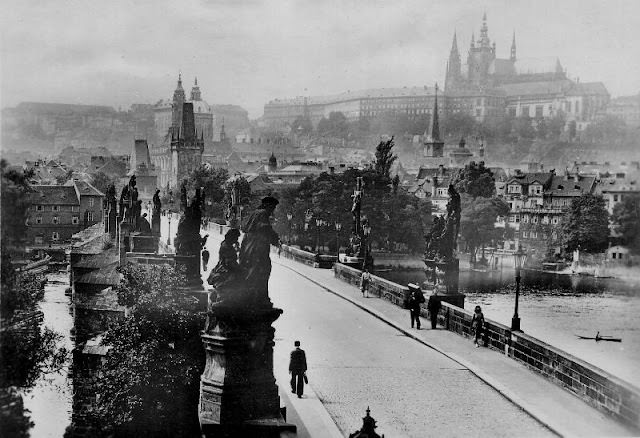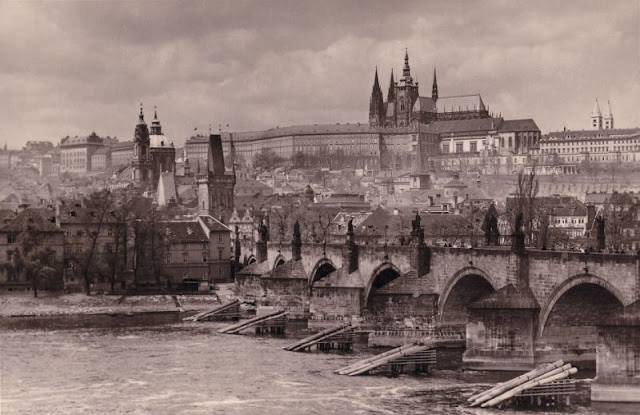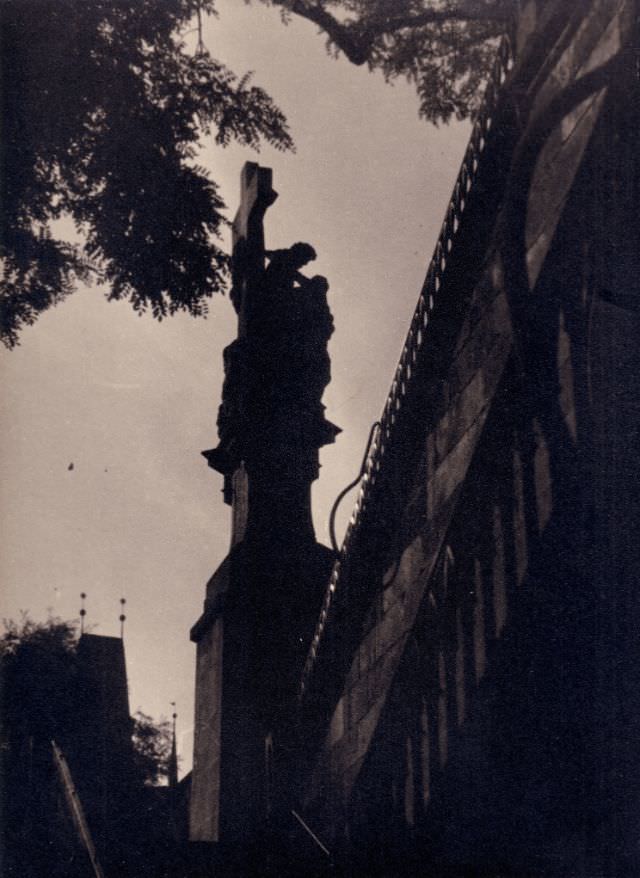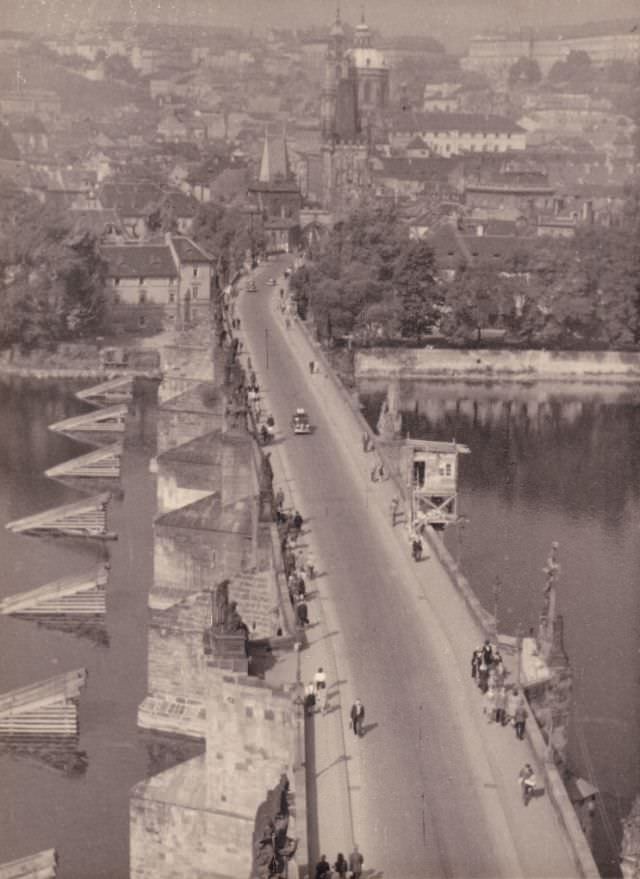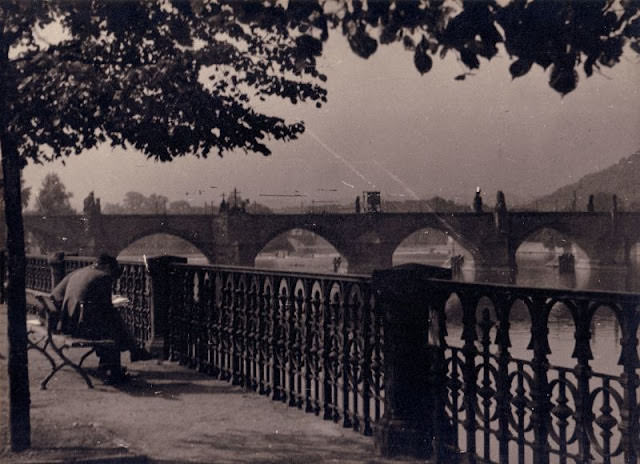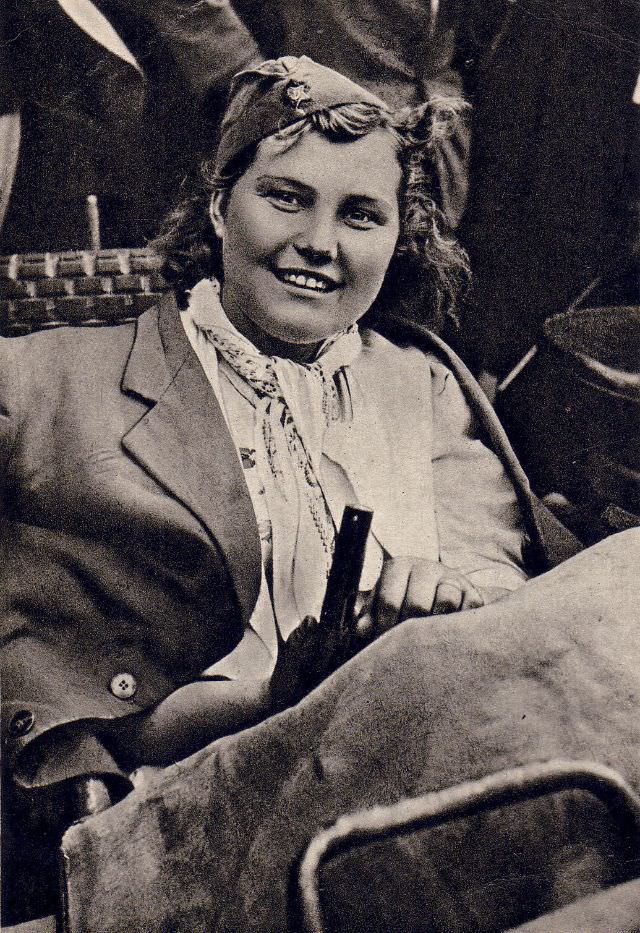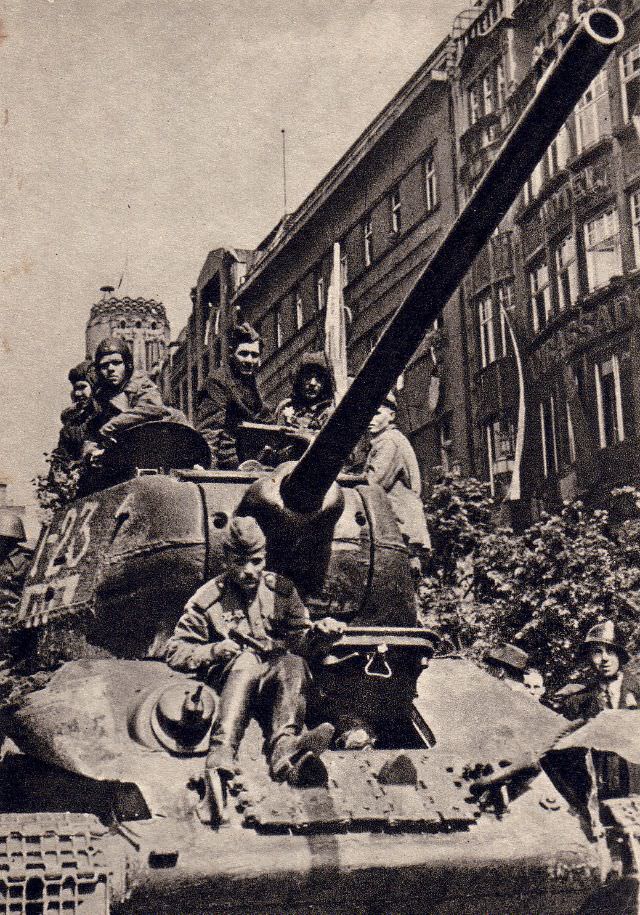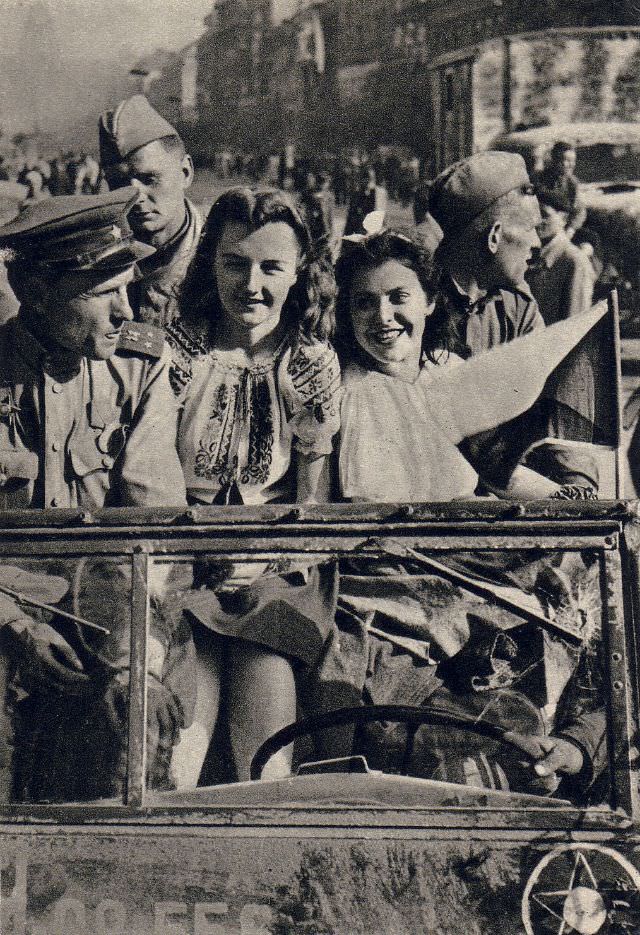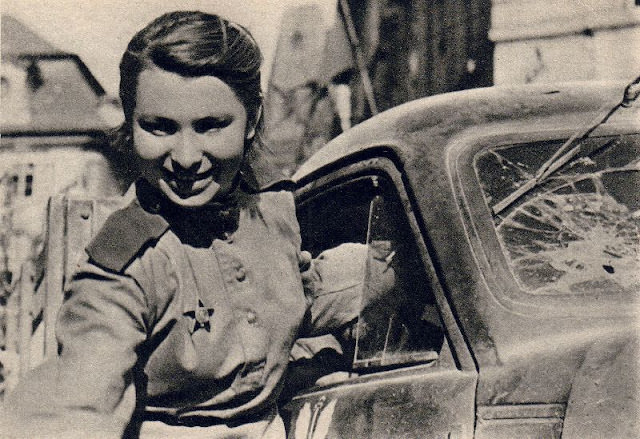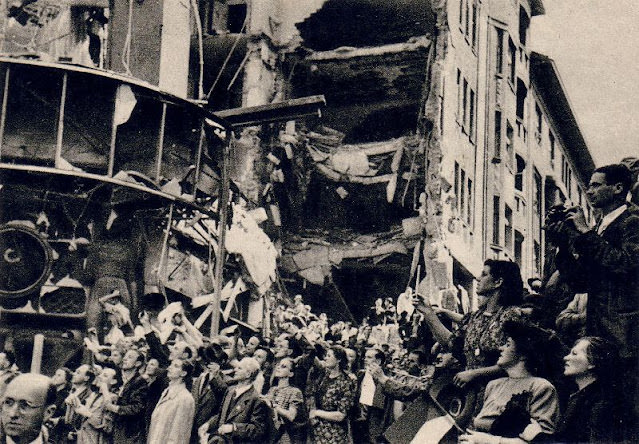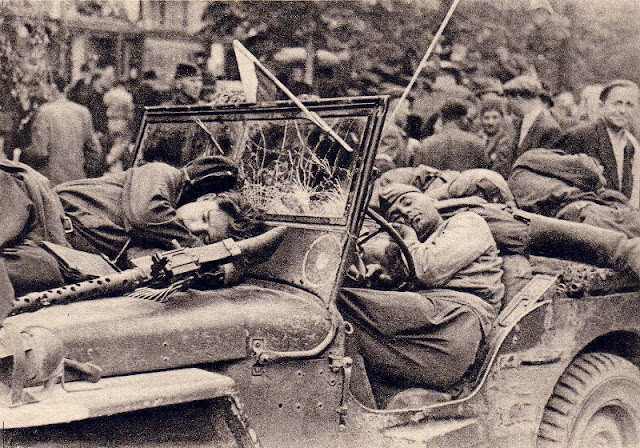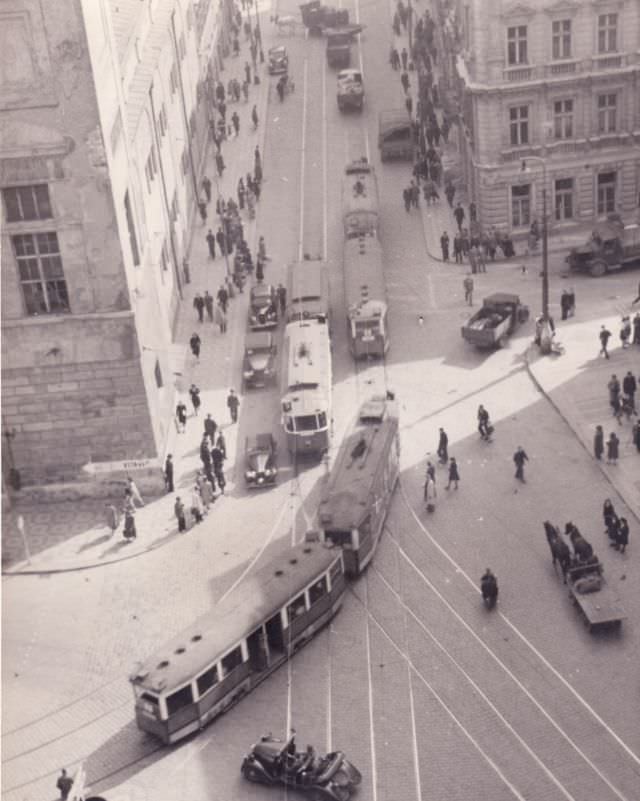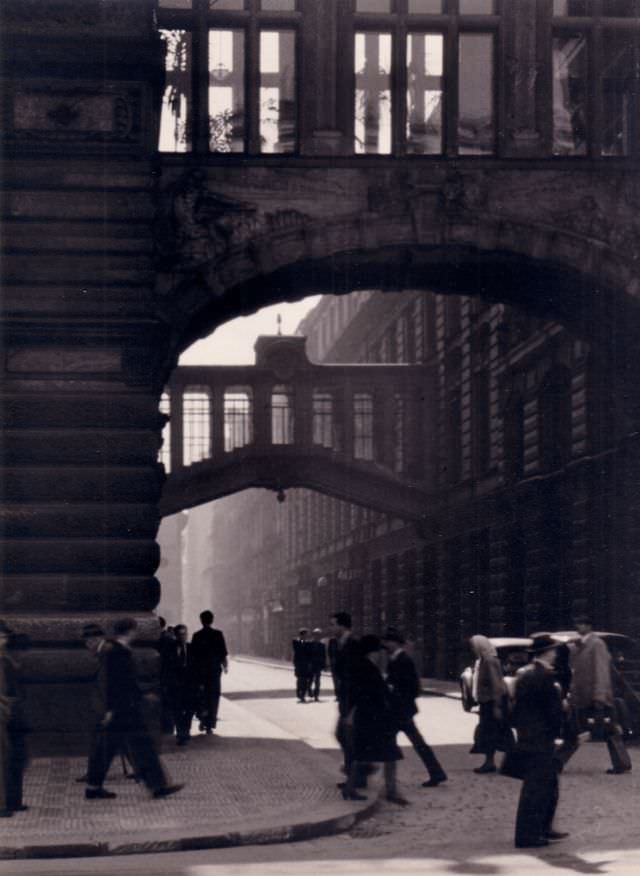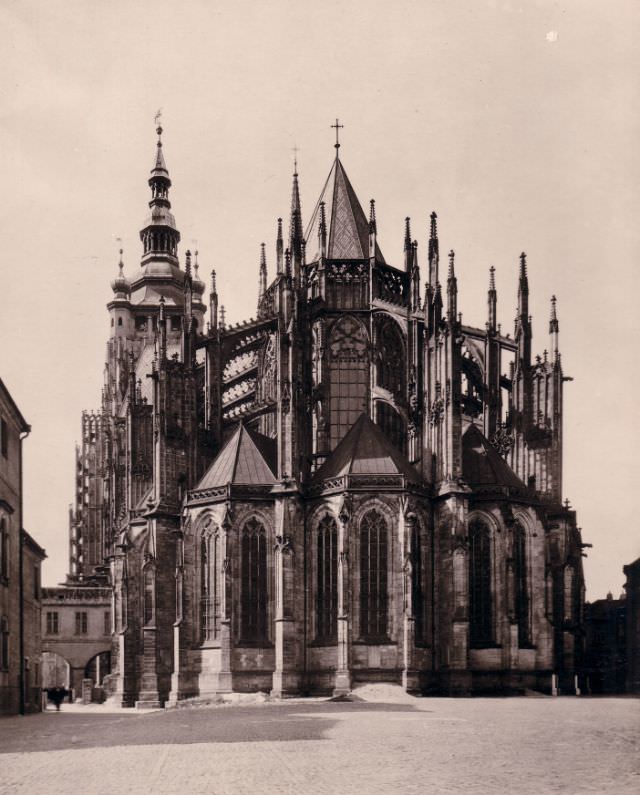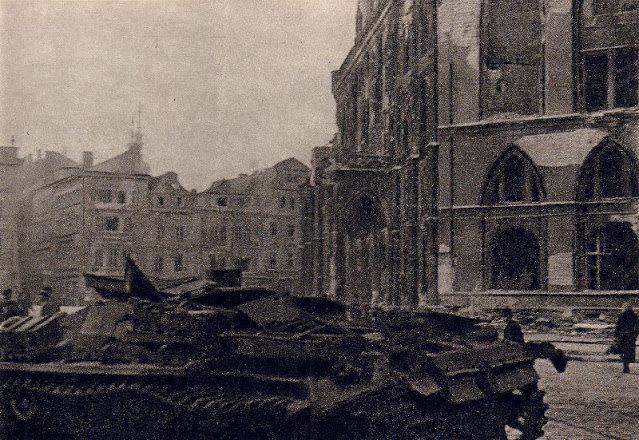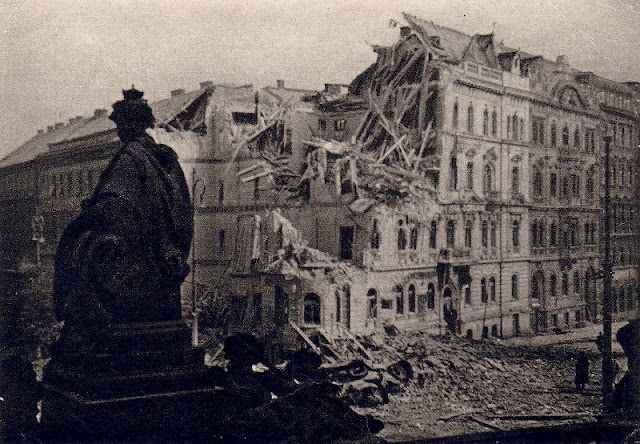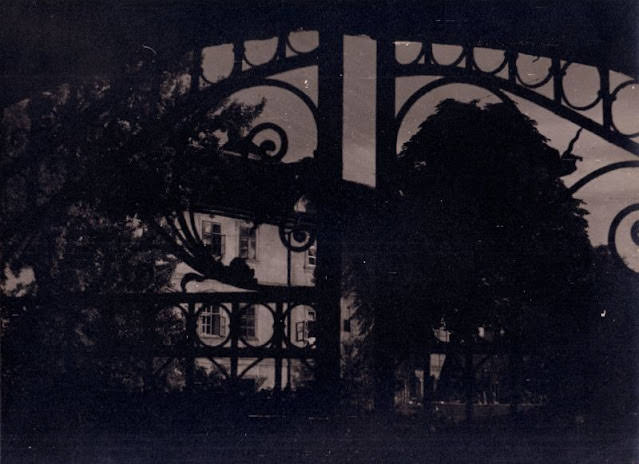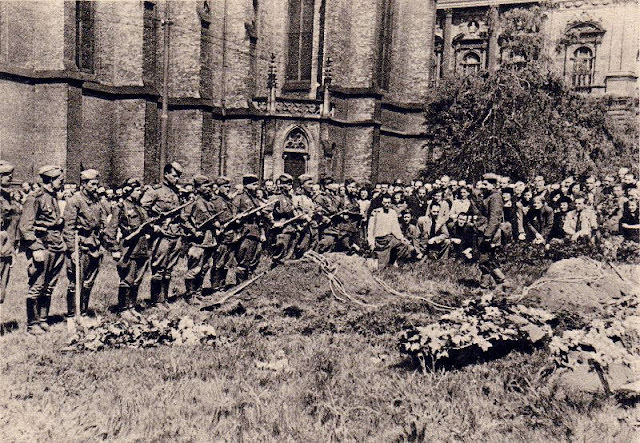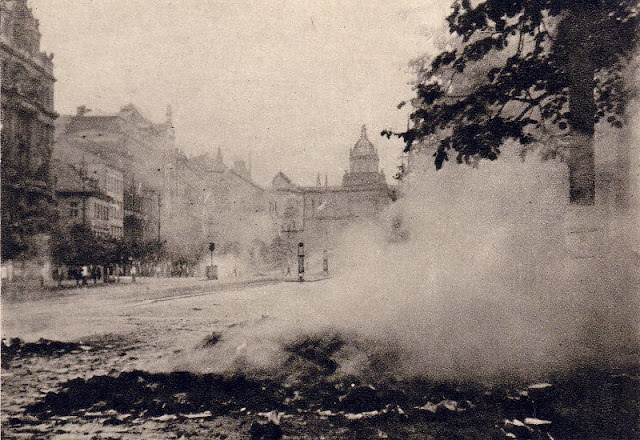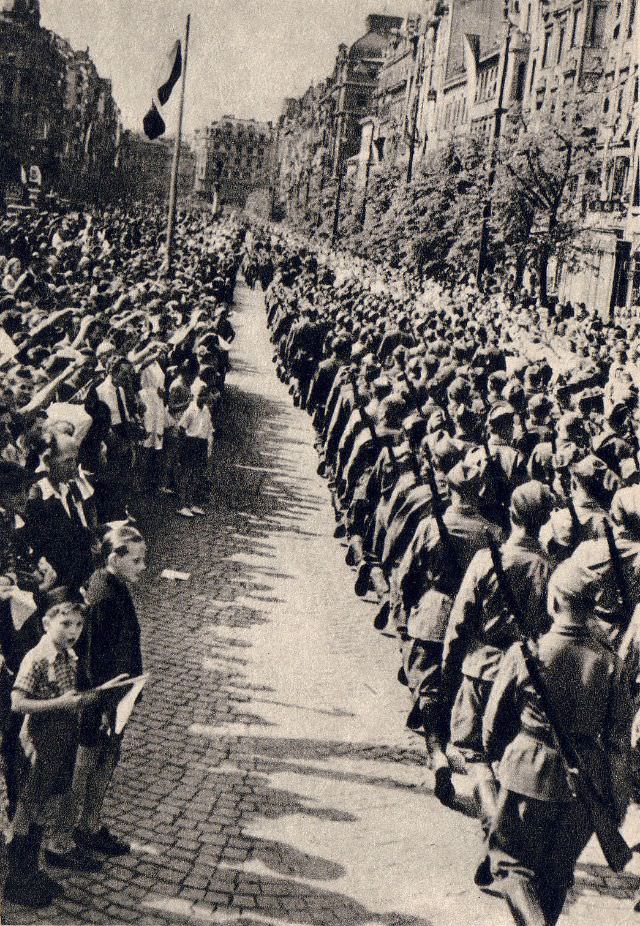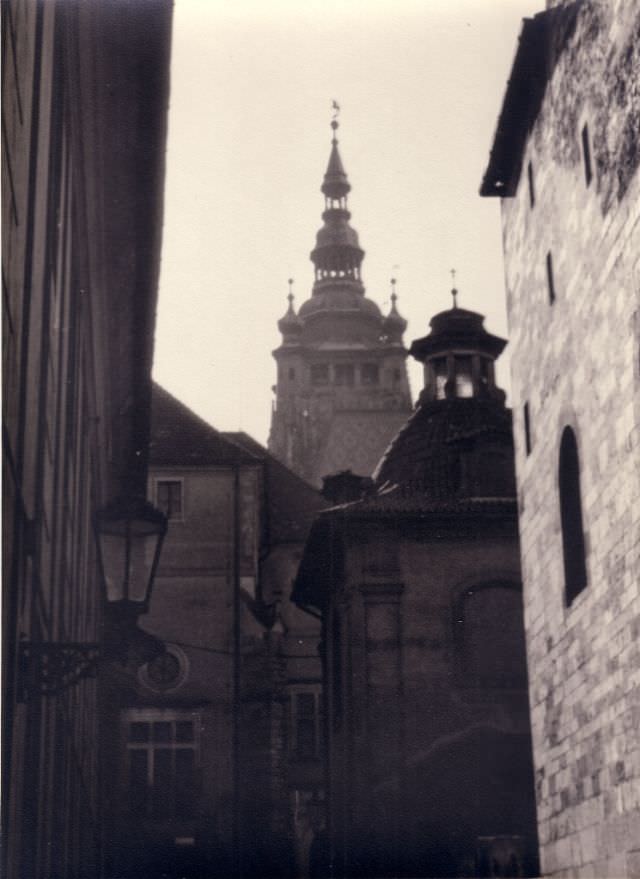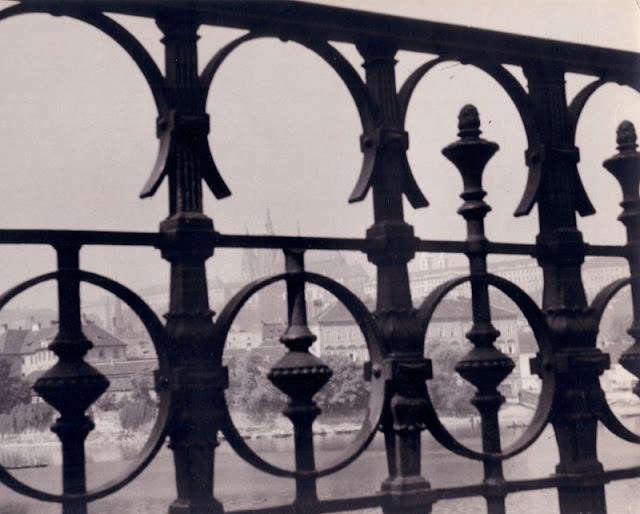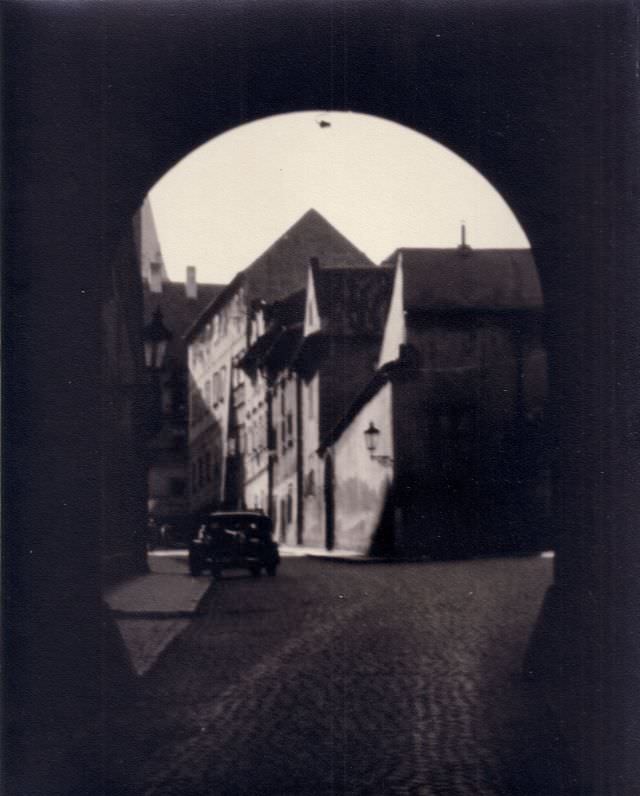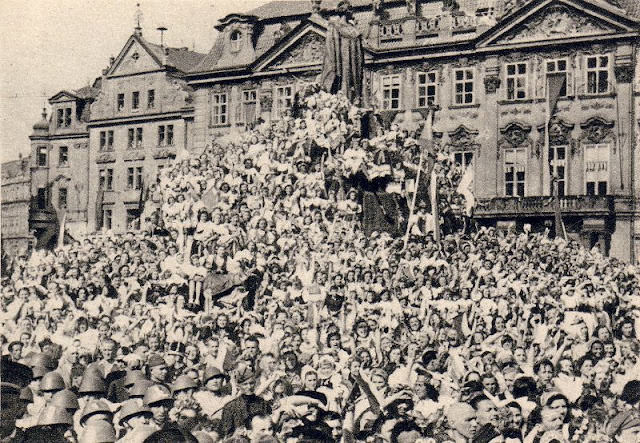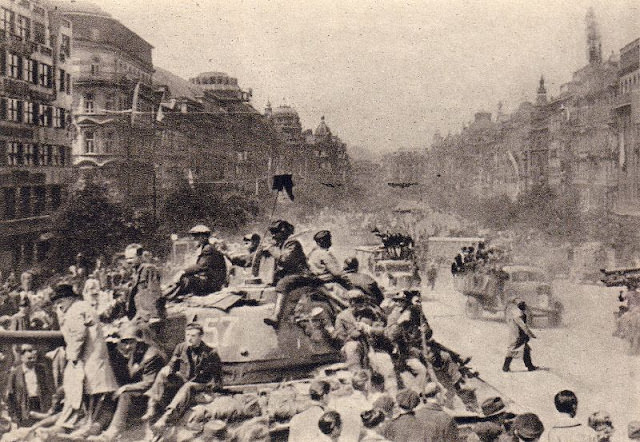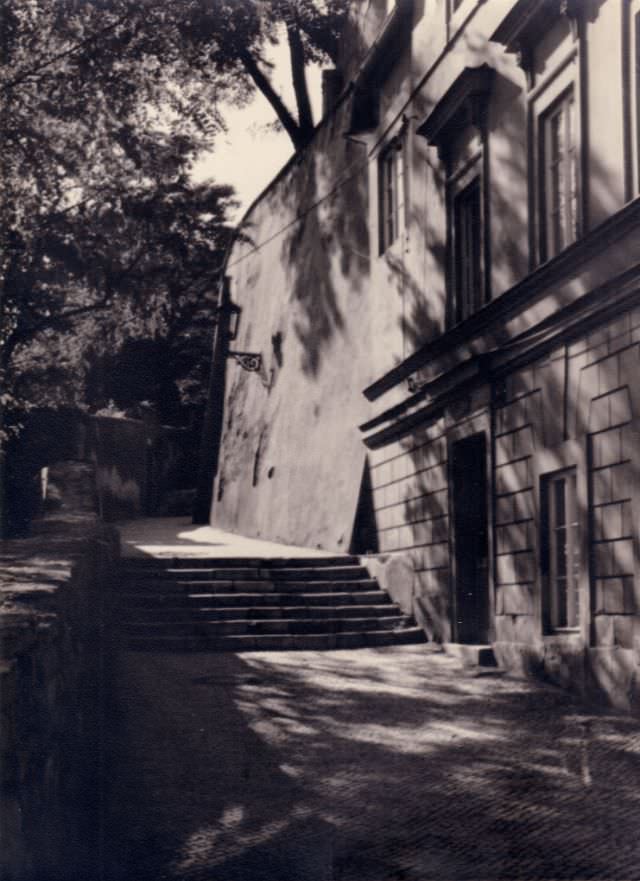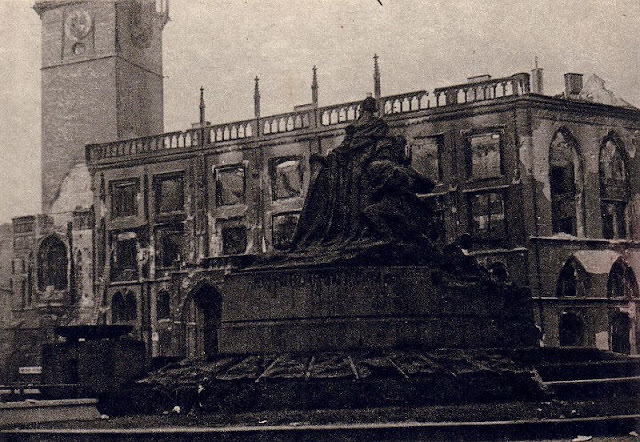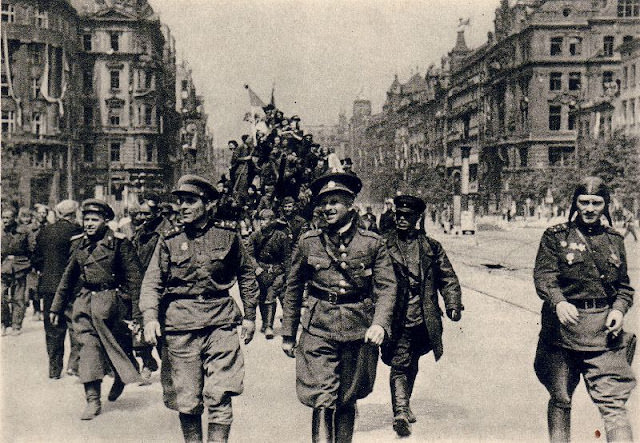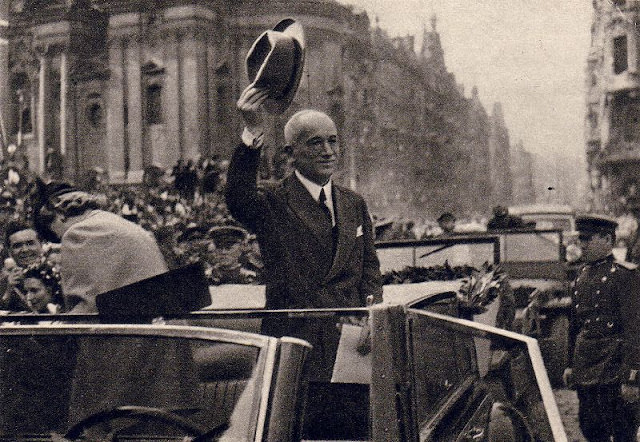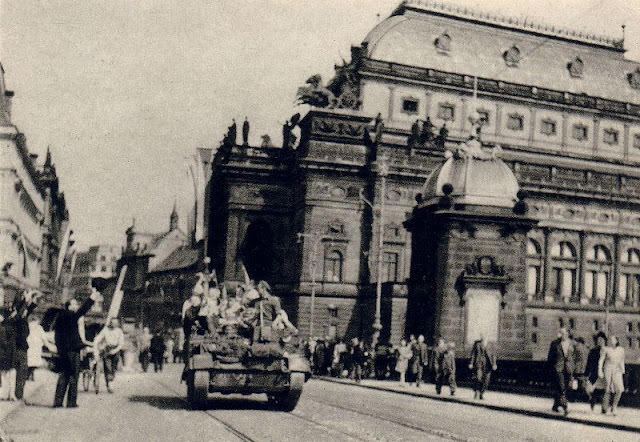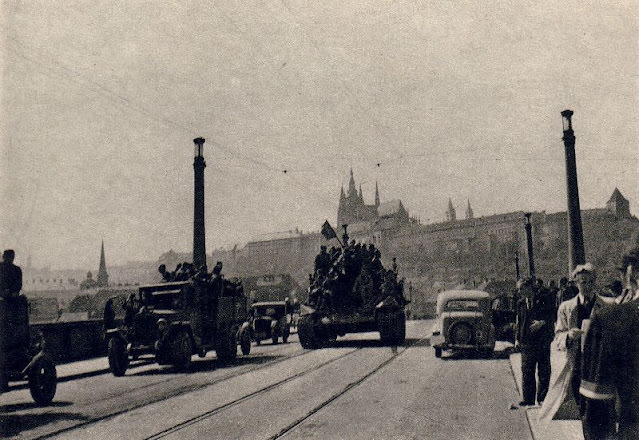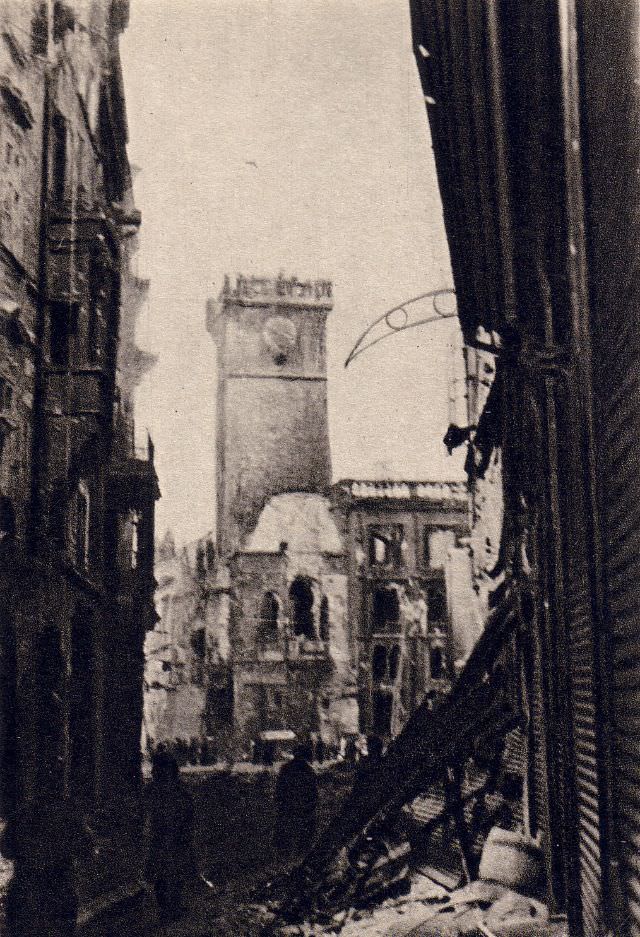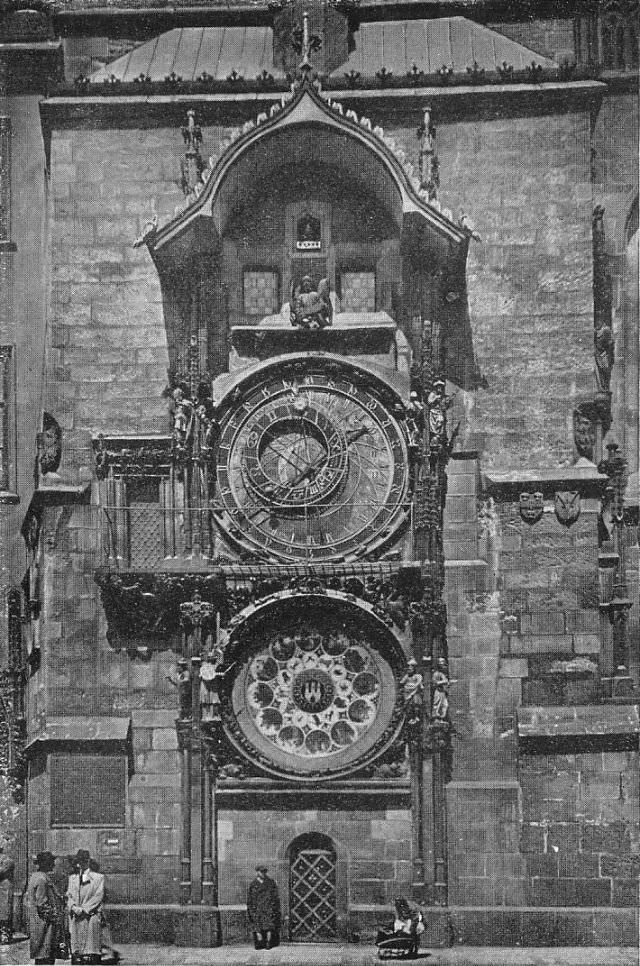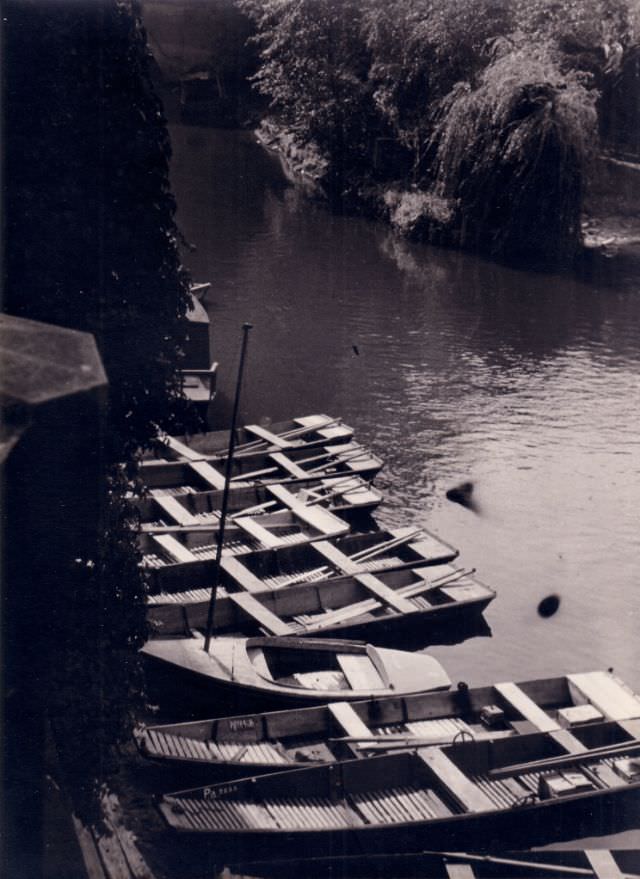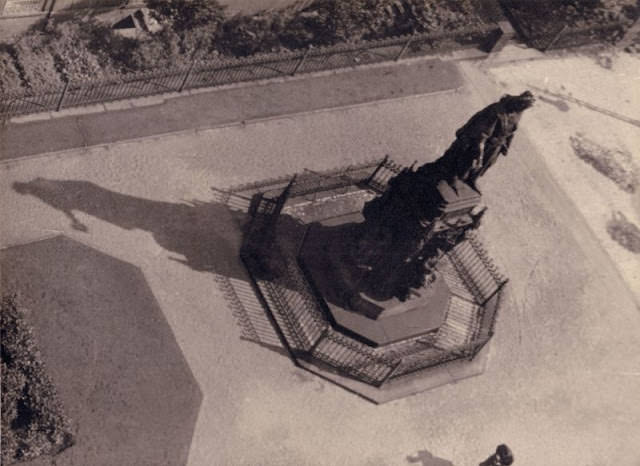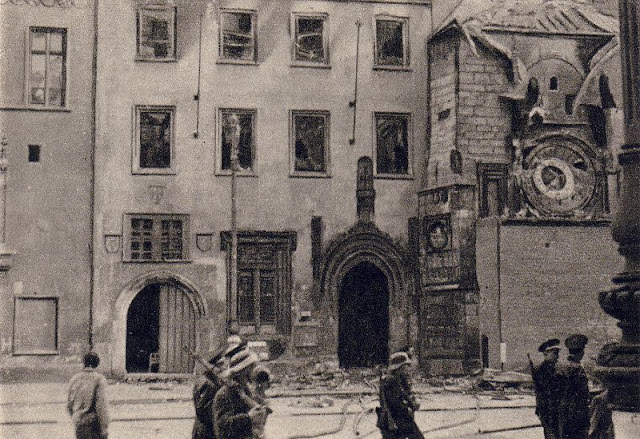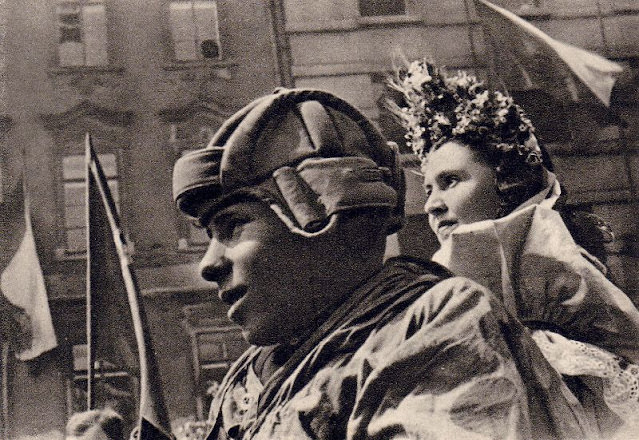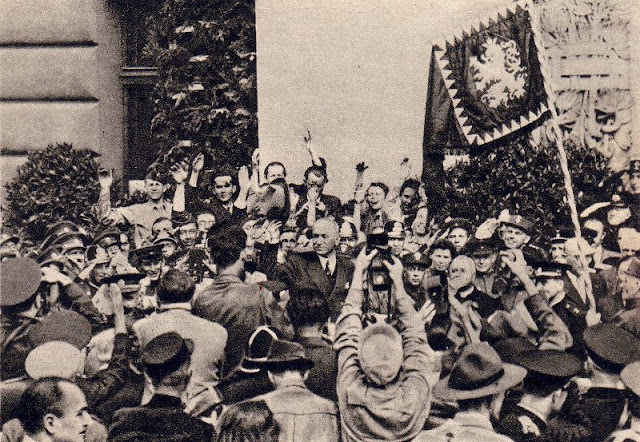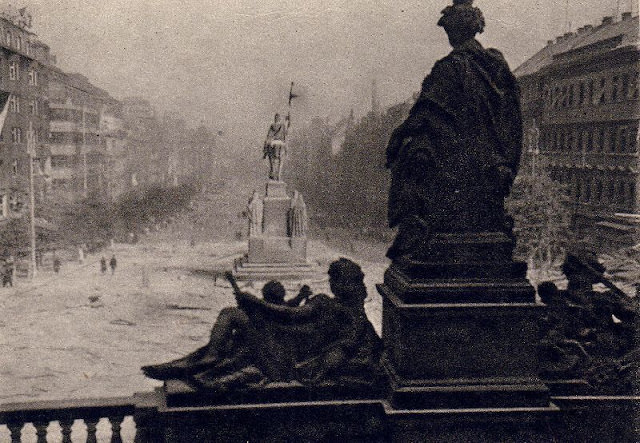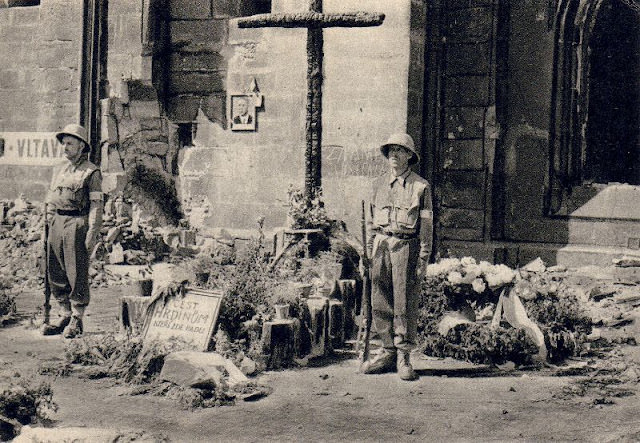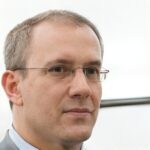Prague, the capital of Czechoslovakia, experienced significant changes following its liberation in 1945. The city, occupied by Nazi Germany since 1939, was freed in the final days of World War II. The liberation was primarily achieved by the Soviet Red Army, with assistance from American forces and Czech resistance groups. This event marked the end of Nazi occupation but also the beginning of Soviet influence in Czechoslovakia.
Immediate Aftermath of Liberation
In the immediate aftermath of liberation, Prague underwent a period of tumult and restructuring. The city, scarred by war and occupation, faced significant challenges. There was widespread damage to infrastructure and buildings, and the local population had suffered greatly under Nazi rule. The immediate focus was on restoring order, providing basic needs to the population, and beginning the process of reconstruction.
Political Changes and Soviet Influence
The political landscape of Prague and Czechoslovakia changed dramatically after liberation. The Communist Party of Czechoslovakia, backed by the Soviet Union, began to gain significant influence. This period marked the start of a shift towards a Soviet-style government, which would culminate in the Communist takeover in 1948. The immediate post-liberation period was characterized by political maneuvering and the establishment of a new government.
Rebuilding and Reparations
Rebuilding Prague was a monumental task. The city’s historic buildings, infrastructure, and homes required extensive repairs. Efforts were made to restore Prague to its pre-war state, preserving its rich architectural and cultural heritage. Reparations and assistance from various nations, including the Soviet Union, played a role in the reconstruction efforts.
Treatment of German Population and Collaborators
One of the immediate actions taken after liberation was dealing with the German population in Prague and those who had collaborated with the Nazi regime. Many ethnic Germans were expelled from the city and the country, a part of the broader expulsion of Germans from Czechoslovakia. Collaborators were often subjected to trials and punishment, reflecting the deep scars left by the occupation.
Return of Czechoslovak Citizens
The end of the war and the liberation of Prague saw the return of many Czechoslovak citizens who had fled the Nazi occupation or had been imprisoned in concentration camps. This return was a complex process, as many returned to find their homes destroyed or occupied and their communities drastically changed.
Cultural and Social Revival
Despite the challenges, post-liberation Prague experienced a cultural and social revival. The city’s rich artistic and intellectual life, suppressed during the Nazi occupation, began to flourish once again. This period saw a resurgence of Czech literature, art, music, and film, reflecting a nation’s desire to rebuild and redefine its identity.
Economic Challenges and Recovery
The economic recovery of Prague was a slow and challenging process. The war had disrupted traditional industries and trade. The immediate post-war period focused on rebuilding the economy, restructuring industries, and addressing unemployment and scarcity of resources. The Soviet Union’s influence also began to shape the economic policies and direction of Prague and Czechoslovakia.


